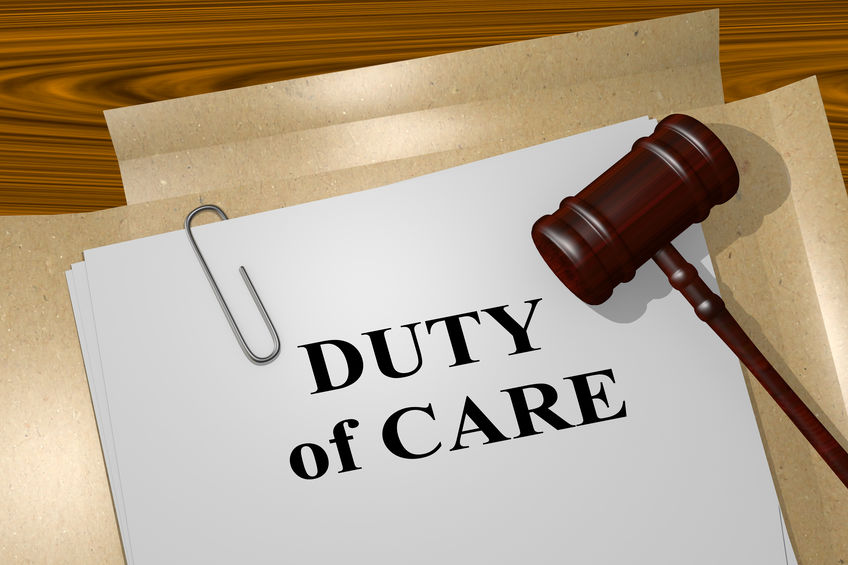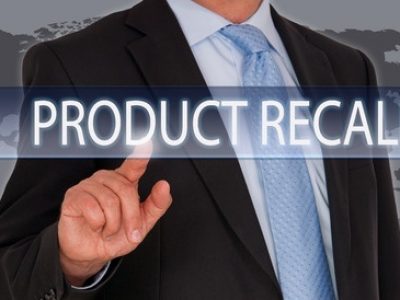

What is Duty of Care in Personal injury Law?
Most personal injury claims center around the negligence of the defendant in order to establish the defendant’s fault for the accident. And yet, the very first element in a successful personal injury claim is showing that there was a relationship that created a “duty of care.” It would be helpful to understand what is a duty of care, how it relates to negligence and some examples of when a duty of care is owed.
What is a duty of care and how does it relate to a personal injury claim?
Duty of care is a legal term that defines the responsibility that a person has not to harm another. This is the first element in a personal injury claim because it must be established in order to show the second element: that the duty of care was “breached.” A duty of care is breached through a negligent act or omission. The personal injury lawyer will establish how the defendant failed to meet (or breached) their duty of care by showing how the defendant’s care failed to rise to the appropriate standard of care under the circumstances.
How is the appropriate standard of care established?
Personal injury claims cover a wide range of injuries from medical errors to car accidents, nursing home abuse, defective product, and slip and fall. How do we know what is the appropriate standard of care for each type of personal injury?
Each case will have specific facts and circumstances but there are general standards of care established for different types of injury cases.
Motor vehicle accidents:
When it comes to motor vehicle accidents, a driver has a legal duty to operate their vehicle with reasonable care while on the road. This includes following all traffic signals, rules of roundabouts, etc. but also driving safely for current traffic, road, weather and visibility conditions. A driver who causes an accident by running a red light, for example, has breached their duty of care by not following traffic signals.
Medical malpractice:
In medical care, a medical provider is expected to provide treatment that a competent medical peer would have used under similar circumstances. Each medical field or specialty will have medical standards and practices, which are commonly established by medical expert witnesses.
Defective product:
In a defective product case, a manufacturer, retailer or marketer has a legal duty to manufacture, sell and market products that do not have unreasonable or unexpected dangers to consumers. This means that a product should not harm a consumer if they are using it in the way it was intended to be used.
Slip and fall:
In slip and fall cases, it is a property owner or business owner who has a legal duty to provide a safe environment free of hazards that could cause slip and fall. At the very least, a sign or barrier must be in place as the owner works to fix a hazard that arises within a reasonable time frame.
How does showing a breach of duty of care allow personal injury lawyers to establish fault?
Once the plaintiff has shown how the defendant breached the standard of care, then fault can be established for the plaintiff’s injuries.
Note that Washington State is a comparative fault state, which means that fault can be shared in a personal injury case. Damages are awarded based on contributory fault law which says that you may only be awarded damages proportionate to the percentage of fault contributed by the defendant and nothing for the amount of fault that you contributed.
Seek the help of a personal injury attorney
If you or a loved one was injured because of the negligence of another, contact a personal injury lawyer to discuss your legal rights. Let an experienced accident attorney fight for the full compensation that you deserve. It is not uncommon to receive a settlement from the insurance company that is five to ten times larger with the help of a lawyer. Call the personal injury lawyers at Tario & Associates, P.S. in Bellingham, WA today for a FREE consultation! We have been representing residents of Whatcom County, Skagit County, Island County and Snohomish County since 1979. You will pay nothing up front and no attorney fees at all unless we recover damages for you!




